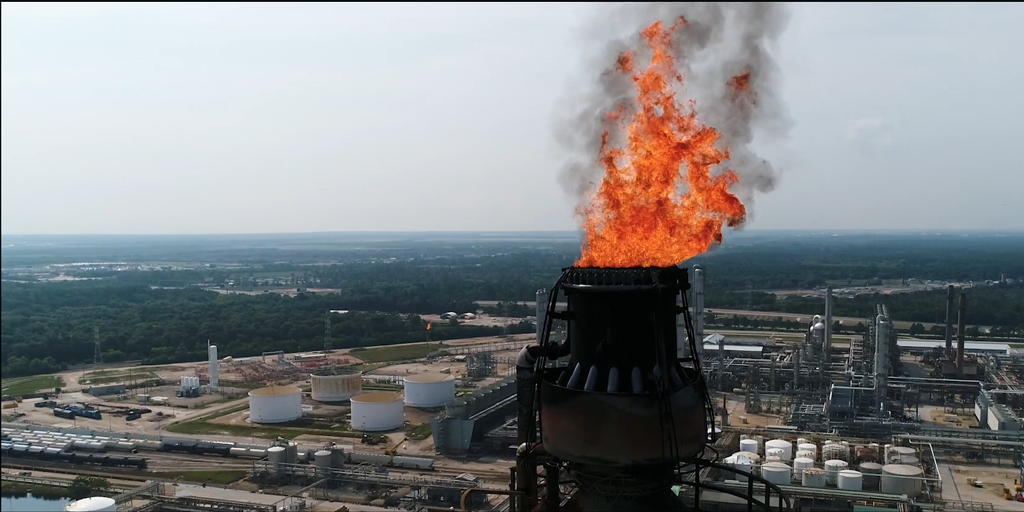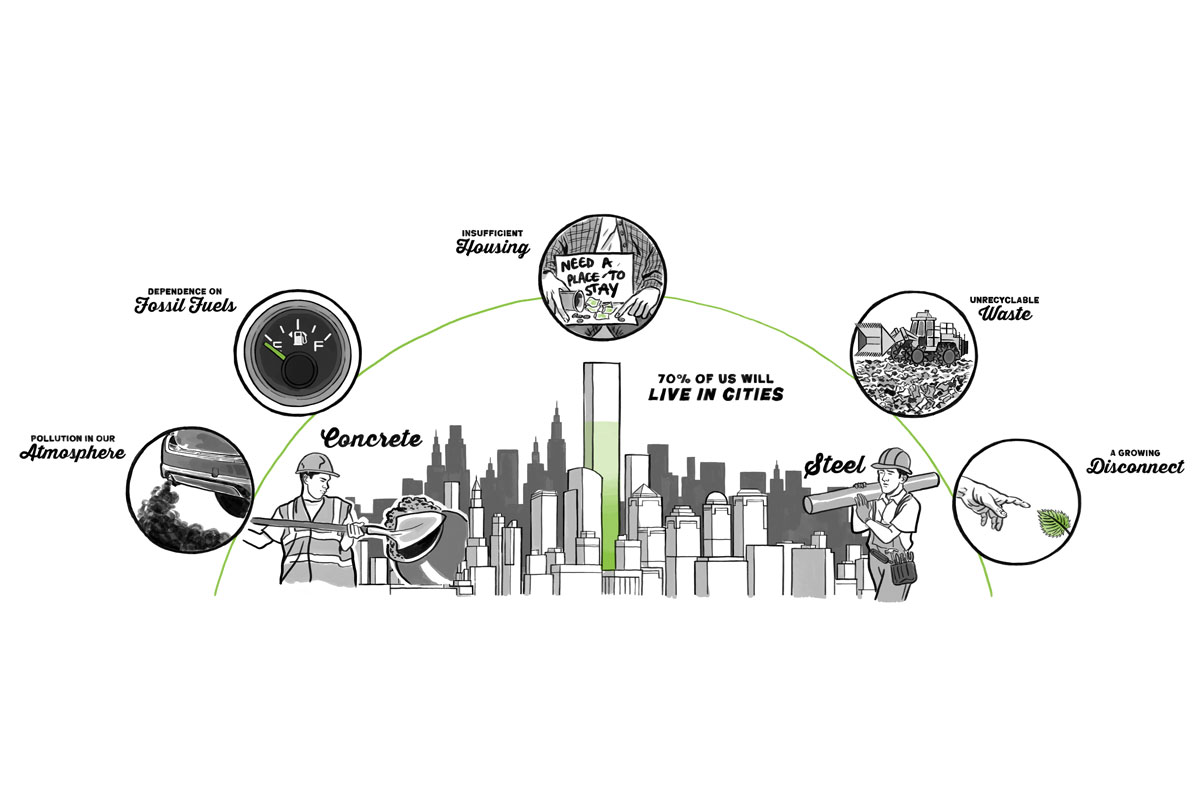The 5 Flavors of Climate Denial
" it's not real, it's not us, it's not bad, it can't be fixed, and it's too late.”

Climate change denial is not new. In fact, for the better part of the last 20 years, there has been a growing body of misinformation that has shaped - and successfully slowed - the climate change debate.
Professor Katharine Hayhoe, Chief Scientist for The Nature Conservancy, has long talked about this misinformation as the “5 Flavors of Climate Denial: it's not real, it's not us, it's not bad, it can't be fixed, and it's too late.”
Turns out, she was mostly right.
New research, published in the Scientific Reports Journal last November, used computational modeling to analyze and map contrarian claims about climate change over the last two decades. The result was a first of its kind comprehensive taxonomy of climate contrarianism (try saying that 5x fast!).
It found that there are indeed 5 major categories for climate denial that track very closely to Professor Hayhoe's initial assessment, though "fear of it being too late" was replaced by a belief around climate science being unreliable:
- It’s not happening
- It’s not us
- It’s not bad
- Solutions won’t work
- Climate science is unreliable
Why This Matters.
The spread of misinformation has lead to a number of negative outcomes including reduced climate literacy, public polarization, reinforcing climate silence, etc.
Over the last several years, the forest sector has actively embraced and elevated the carbon and climate benefits of forests and forest products to a core tenet of what it does and why it does it. (#forestproud itself focuses exclusively on forest climate solutions as provided collectively by forests, forest management, and forest markets and products.)
Understanding this landscape and where climate deniers fit into it is critical to ensuring communication efforts resonate with the majority of Americans who believe climate change is happening (see our note from January 2022), and also effectively break down - or anticipate - obstacles that are designed to slow or stop that work.
Skeptical Science - a non-profit science organization focused on raising the public's understanding of climate change - has a dynamic list of 200+ climate change myths with talking points linked to the latest scientific data that disproves them.
It tracks closely to the climate contrarianism taxonomy model and is a fantastic resource we use regularly in our work engaging 18-34 year olds, beyond the sector, who care about climate change and want to understand the crucial link between forests and climate solutions.
These tools alone are not going to win over climate deniers. But understanding what the playing field looks like as we continue to champion forests and forest products as the key to rethinking our climate future is an increasingly important part of that puzzle.
- The #forestproud team

